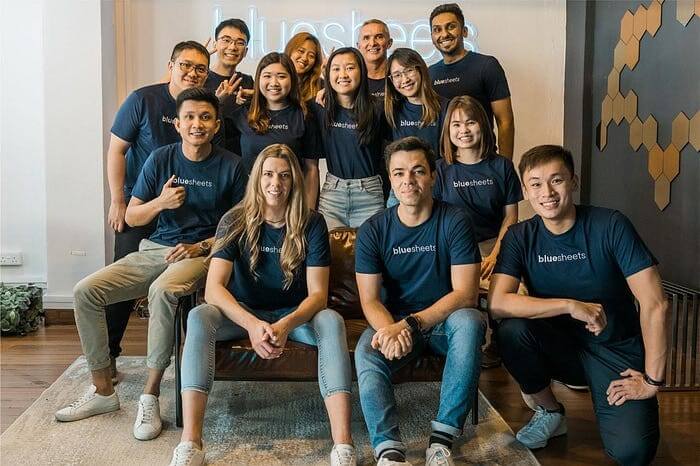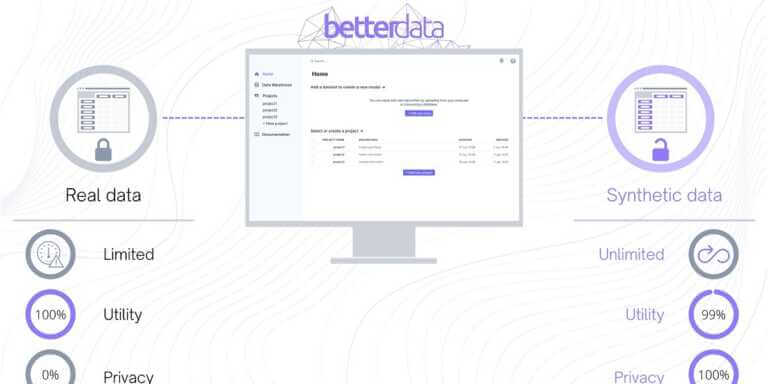
BLOG
new singapore model VC documents

share:
The Singapore Academy of Law (SAL) and Singapore Venture Capital and Private Equity Association (SVCA) have collaborated to create industry standard documents for VC investments in Singapore. These Venture Capital Investment Model Agreements (VIMA) are available here and are for use on pre-series A and series A transactions.
The documents released are as follows:
- Venture Capital Lexicon
- Non-Disclosure Agreement
- Convertible Agreement Regarding Equity (CARE)
- Term sheet
- Short Form Term Sheet
- Subscription Agreement
- Shareholders’ Agreement
Here are our thoughts on the new financing documents.
convertible agreement regarding equity (CARE)
First we had the SAFE, then the KISS, and now we have the CARE. The CARE is based on the principles of a SAFE (rather than a KISS). Specifically, the CARE has a Maturity Date but no repayment obligation, i.e. on the Maturity Date the investor can elect to convert at a Maturity Cap (value to be agreed) or leave the investment amount outstanding, repayable only on a dissolution event. The CARE also has no interest component.
Our experience is that SAFEs are less common than KISS notes in Southeast Asia. Investors usually want the option to either convert their investment amount to shares or require repayment in cash on maturity. This puts some time pressure on founders to deliver an equity financing transaction. If the CARE template becomes the market standard it would represent a win for founders. However, investors might respond by offering discounted Maturity Caps (whereas in a typical KISS the maturity valuation is usually the same as the Valuation Cap).
term sheets
SAL have provided two model term sheets for series A financing transactions. One is short form and the other a more detailed term sheet. As the short form version is 7 pages and the long form 24 pages, we expect the short form document to be used more often in the market.
Both term sheets include options for dealing with material provisions, for example the liquidation preference. On most series A deals in Southeast Asia a 1x non-participating liquidation preference is adopted, but this is not hardwired into the template term sheets. On the other hand, the templates assume that anti-dilution will always be calculated on a broad based weighted average basis – which reflects market practice.
Generally, the templates cover the key points that we would expect to see in a series A term sheet and we are happy to use the short form template as a starting point. In terms of any omissions, there is currently no reference in the term sheets (nor in the shareholders’ agreement) to any founder vesting arrangements. The intention may be to document this in a separate template, yet to be created.
subscription agreement
The subscription agreement is a balanced document, broadly reflecting market practice. It assumes that founders will be personally responsible for the reps and warranties alongside the company, but there are reasonable limitations on that liability, including separate financial caps for both founders and the company.
We don’t think that founders will find the warranty schedule any more onerous than usual. Indeed it doesn’t go as far as some subscription agreements we see – omitting for example specific warranties on data breaches, cyber security and anti-corruption policies / compliance (although these items are most likely captured in the more general compliance warranties anyway).
Finally, the subscription agreement assumes a single closing. It will need to be amended for a rolling close or tranched investment.
shareholders’ agreement
The shareholders’ agreement looks in good shape. The matters reserved for the approval of shareholders and/or the board look fairly reasonable. We expect that investors may add to them in practice. An ICO or other token generation event is included as a restricted matter. One item that founders should note are the forward-looking business undertakings, which are not always included in Southeast Asia funding documents. These include items such as taking steps to protect intellectual property rights, compliance with laws and obtaining insurances.
The term sheets are silent on the topic, but the shareholder’s agreement requires the parties to use their best endeavours to provide an exit within 5 years. If a trade sale or IPO is not achieved within that period, investors can require the company to appoint a third party to advise on exit strategy. At series A stage, we think it is too early to be imposing exit obligations (and that, if included, 5 years is too short a timeframe).
summing up
The SAL documents are a great addition to the Singapore startup ecosystem. We anticipate using them on deals where we are drafting the investment documents for the investee company. It remains to be seen whether investors will use the templates when they are leading on document drafting – particularly those VC funds with their own standard form documents.
We will follow up with some further guidance on the templates soon, to help founders with their review, noting of course that the development of these documents was driven mainly by investors.
explore our other blog posts

